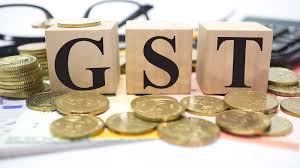Azim Premji Trust along with nine other promoter entities offloaded a little over 17.96 crore shares during the buyback that closed on Dec 13
IT major Wipro on
Thursday said Azim Premji Trust, along with other promoter entities,
has sold its 2.73 per cent stake for more than Rs 5,700 crore in the recently
concluded buyback offer.
Azim Premji Trust along with nine
other promoter entities -- who were persons acting in concert (PAC) --
offloaded a little over 17.96 crore shares during the buyback that closed on
December 13.
The price for the buyback offer was fixed at Rs
320 per share.
Azim Premji Trust and PAC sold
17,96,69,656 shares at Rs 320 apiece, according to Wipro's regulatory filing.
A total of 34.37 lakh shares were brought back
under the buyback offer with a total amount of Rs 11,000 crore being utilised.
Azim Premji Trust along with nine other promoter entities -- who were persons acting in concert (PAC) -- offloaded a little over 17.96 crore shares during the buyback that closed on December 13.
The price for the buyback offer was fixed at Rs 320 per share.
Azim Premji Trust and PAC sold 17,96,69,656 shares at Rs 320 apiece, according to Wipro's regulatory filing.
A total of 34.37 lakh shares were brought back under the buyback offer with a total amount of Rs 11,000 crore being utilised.













